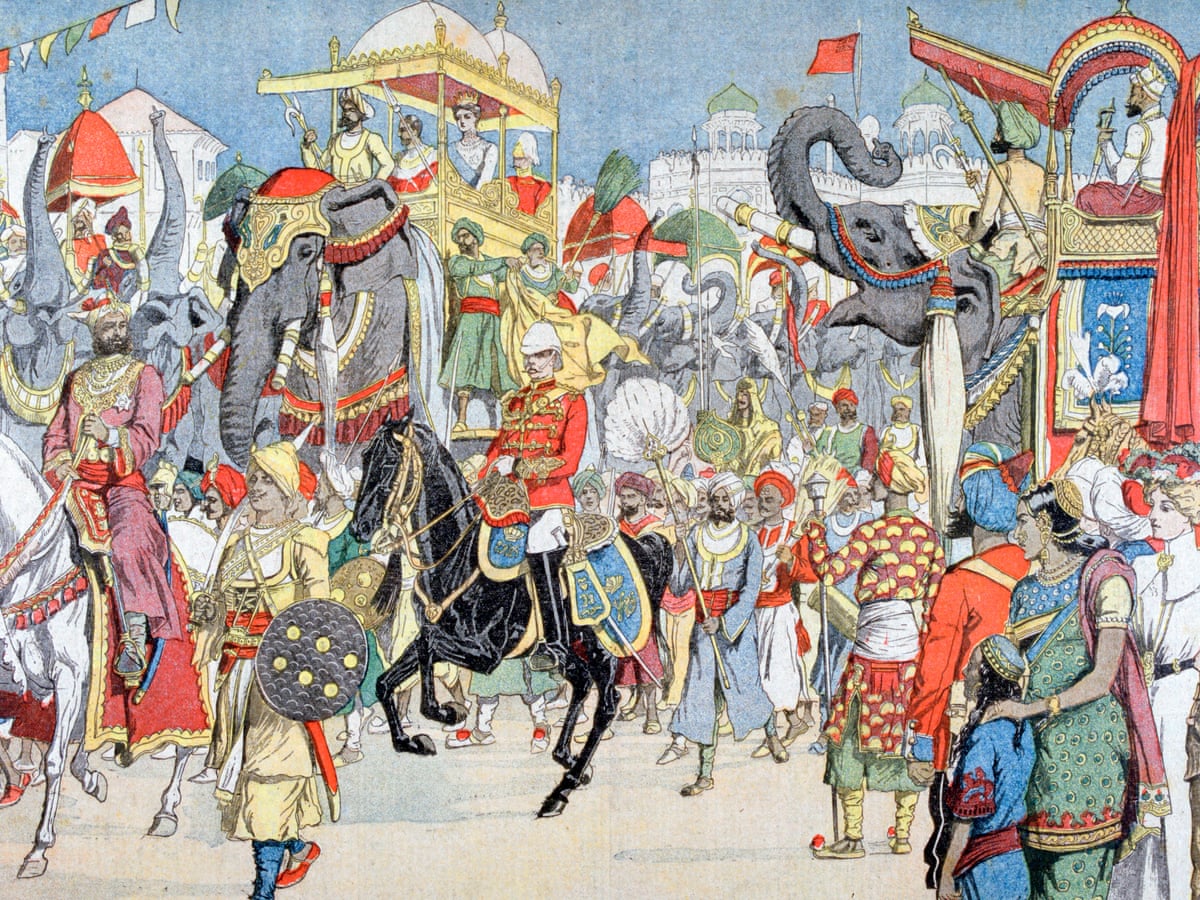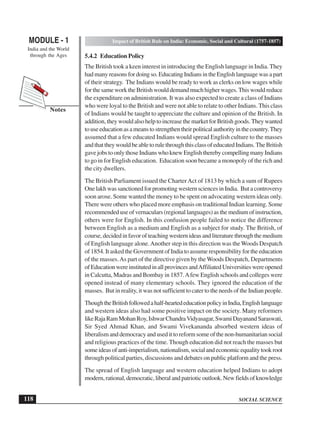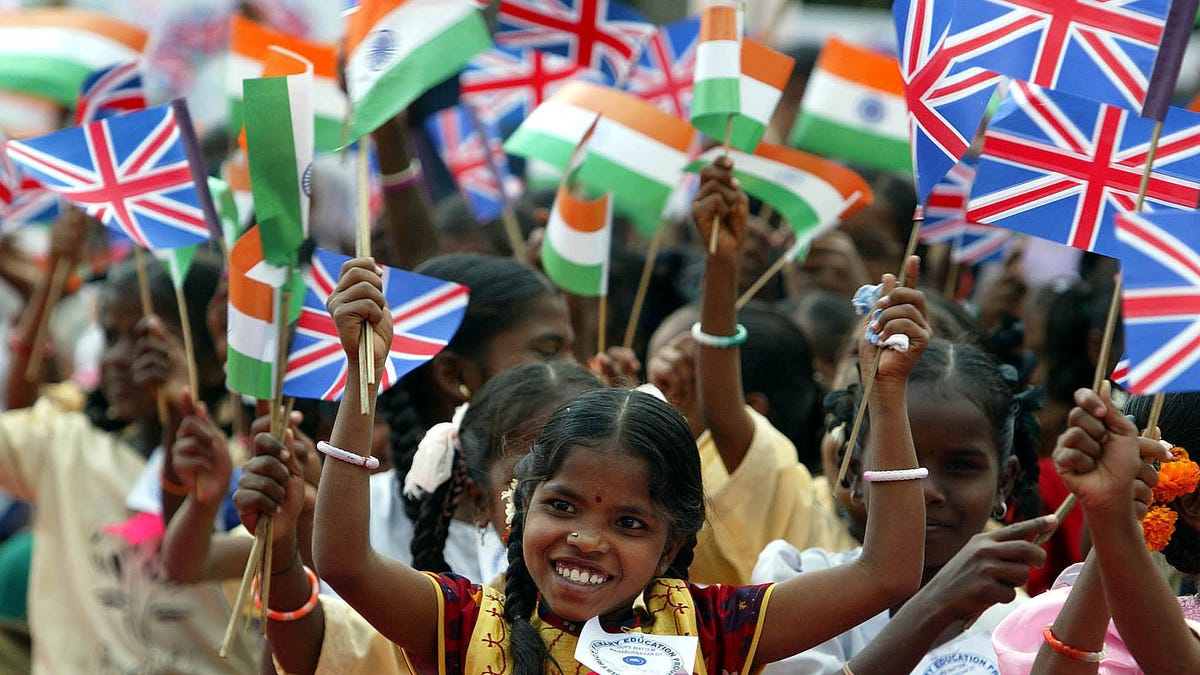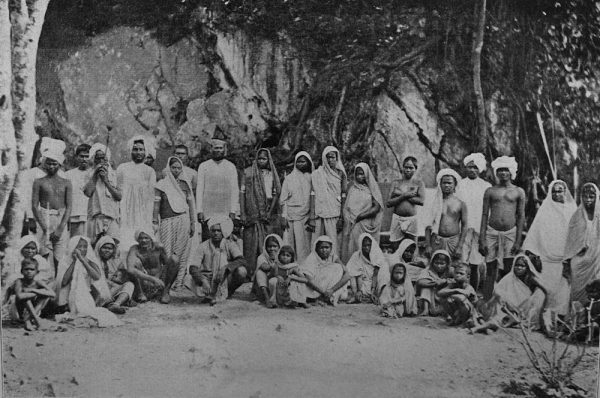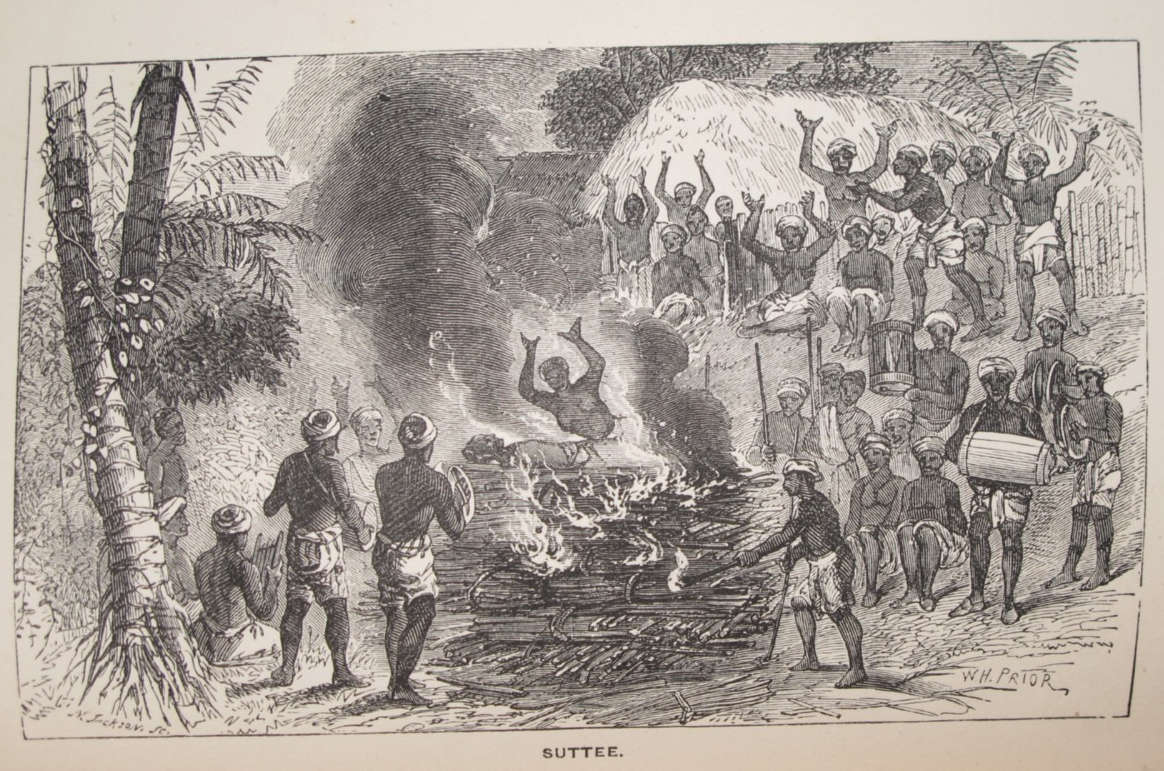The British Empire played a significant role in shaping the modern Indian society we see today. From the early 18th century, when the East India Company first established a foothold in India, to the mid-20th century, when India gained independence, the British exerted a profound influence on every aspect of Indian life.
One of the most significant ways in which the British influenced Indian society was through the introduction of Western education. Prior to British colonization, education in India was largely restricted to the wealthy and the elite, and was focused primarily on religious texts and traditional subjects. The British, however, introduced a system of Western-style education that was based on the British model, with an emphasis on science, math, literature, and other subjects. This system of education was initially reserved for the children of the British elite, but gradually, it was made available to Indians as well. As a result, a whole generation of educated Indians emerged, who were exposed to Western ideas and values, and who played a crucial role in the struggle for independence.
The British also brought about significant changes in the economic structure of India. Prior to colonization, India was primarily an agricultural society, with a large portion of the population engaged in farming and other rural occupations. The British, however, introduced industrialization to India, setting up factories and introducing new technologies that transformed the economy. This led to the emergence of a new class of industrialists and entrepreneurs, who played a key role in the country's economic development.
The British also introduced a number of reforms that had a lasting impact on Indian society. For example, they abolished the practice of sati, in which widows were expected to burn themselves on their husband's funeral pyre. They also abolished the practice of thuggee, in which groups of thieves operated under the guise of religious devotion. These reforms helped to improve the status of women and marginalized groups in Indian society, and laid the foundation for the more progressive and egalitarian society we see today.
However, it must be acknowledged that the British influence on India was not always positive. The British rule was marked by widespread exploitation and oppression, and many Indians suffered at the hands of their colonizers. The British also implemented a number of policies that had negative consequences for the Indian people, such as the policy of divide and rule, which sowed the seeds of communal tensions and conflicts that continue to plague the country to this day.
In conclusion, the British influence on Indian society was complex and multifaceted. While they brought about significant reforms and modernization, they also imposed their own cultural and economic values, and left a legacy of exploitation and oppression. Today, India is a vibrant, diverse, and dynamic society, shaped by a long and tumultuous history, including the period of British rule.

